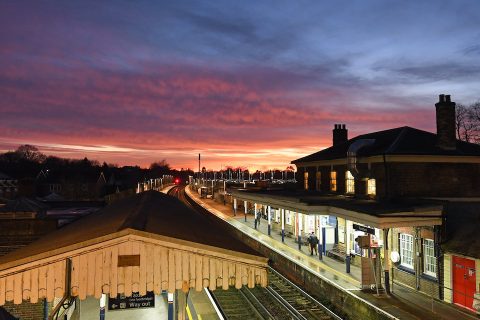European Commission urged to “show leadership” and develop a night train strategy

The Transport Ministers of Belgium, Austria and Luxembourg, as well as MEPs and numerous associations, call European Commission President Ursula von der Leyen to act upon the recent renaissance of night trains and present a European strategy to develop a comprehensive night train network. They sent an open letter to the EU’s highest officials this week.
Want to read more?
You have read all of your free premium articles for this month. Please become a subscriber to keep reading.
Subscribe now!
Take advantage of our exclusive offer to get full access to all premium content.





Many of these obstacles apply to daytime international travel as well. International travel will, however, have a larger share of night trains due to larger distances spanned, and competion from flights is stronger.
High speed networks are usually focused on capitals, lead to detours for night trains.
In addition to planned timetables, reactions in case of construction work or other delays in one network need to be adressed.
Border controls at standstill should also be mentioned and avoided.
Goal of EU membership, added edge, against far away low salary manufactured, now is the infrastructure, sustainably, too be constructed for – thus Priority of Commission!
However TEN-T, now at standards, neither meeting with load, nor with speed, already now requested by Market, is “cementing”.
(Suboptimal, “optimal maintenance”, simply maintaining, current mantra, a virtue of necessity, is not sustainable – and by nature not optimal!)
All other modes are upgradeable – and decisively upgrade.